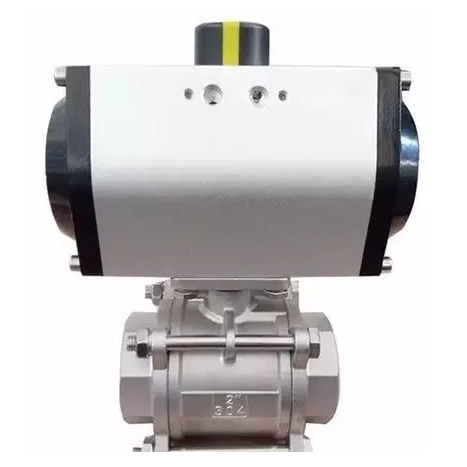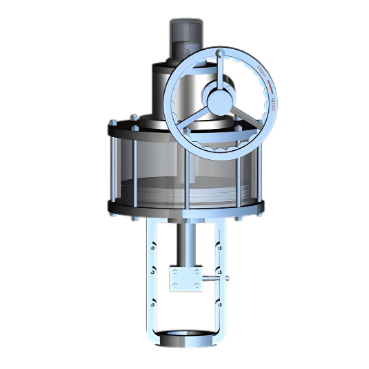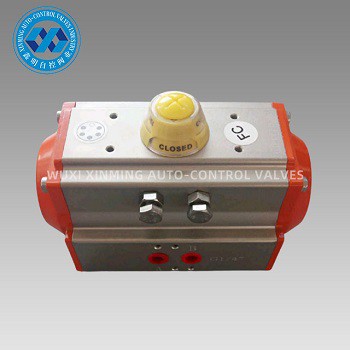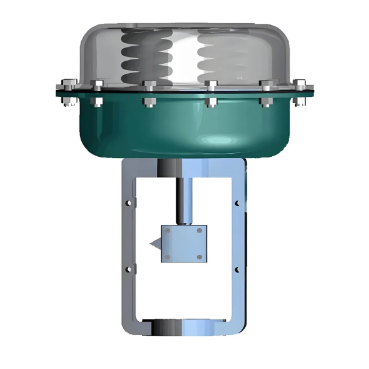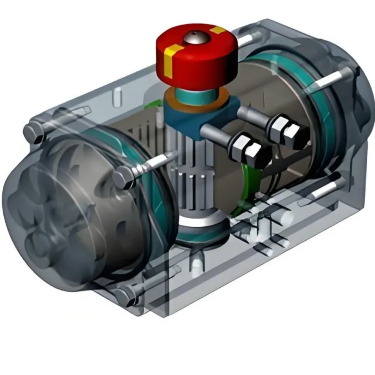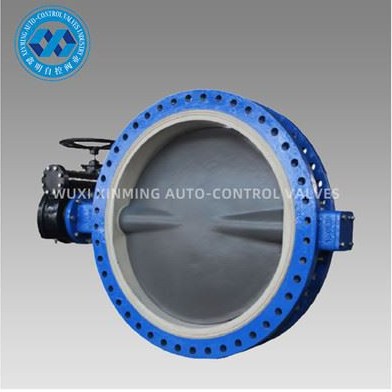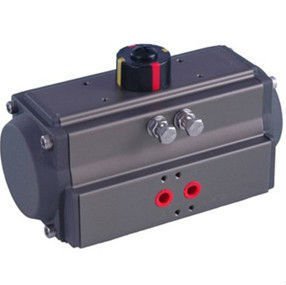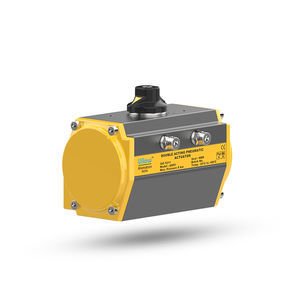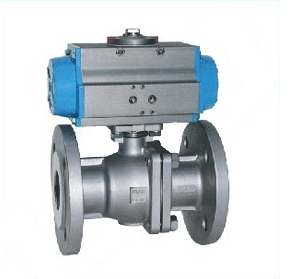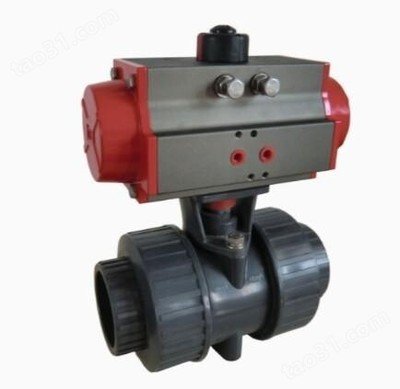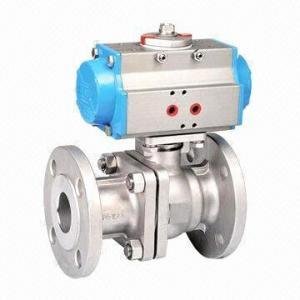To achieve energy savings for 90 - degree
pneumatic actuators, several practical tips can be implemented.
Firstly, optimize the air supply system.
Ensure that the air compressor is sized correctly for the actuator's needs. An
oversized compressor will consume excessive energy, while an undersized one may
lead to inefficient operation. Install high - quality air filters, dryers, and
regulators to maintain clean, dry, and stable air pressure. This reduces air
leakage and friction within the actuator, minimizing energy waste.
Secondly, implement proper maintenance.
Regularly check for air leaks in the system, as even small leaks can cause
significant energy losses over time. Tighten loose connections and replace worn
- out seals promptly. Lubricate moving parts as recommended by the manufacturer
to reduce friction, which in turn requires less energy for the actuator to
operate.
Thirdly, adjust the control parameters.
Fine - tune the pressure settings according to the actual load requirements of
the actuator. Using only the necessary amount of air pressure to operate the
actuator can result in substantial energy savings. Additionally, consider
installing flow control valves to regulate the air flow precisely, enabling
more efficient operation.
Finally, explore the use of energy -
efficient accessories. For example, modern positioners and control systems can
optimize the actuator's movement, reducing unnecessary cycling and thus
conserving energy. By adopting these strategies, significant energy savings can
be achieved when using 90 - degree pneumatic actuators, contributing to both
cost reduction and environmental sustainability.
If you want to learn more about low-priced products, please visit the following website: www.xm-valveactuator.com


